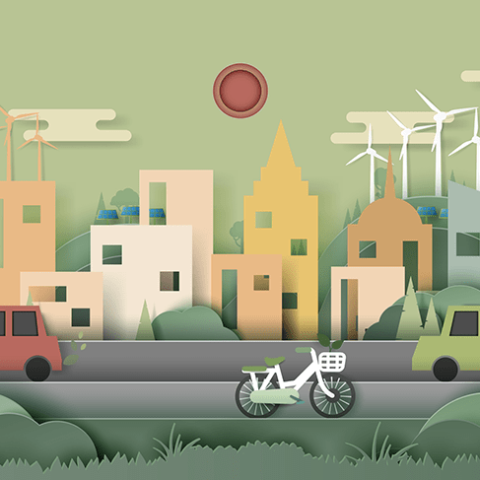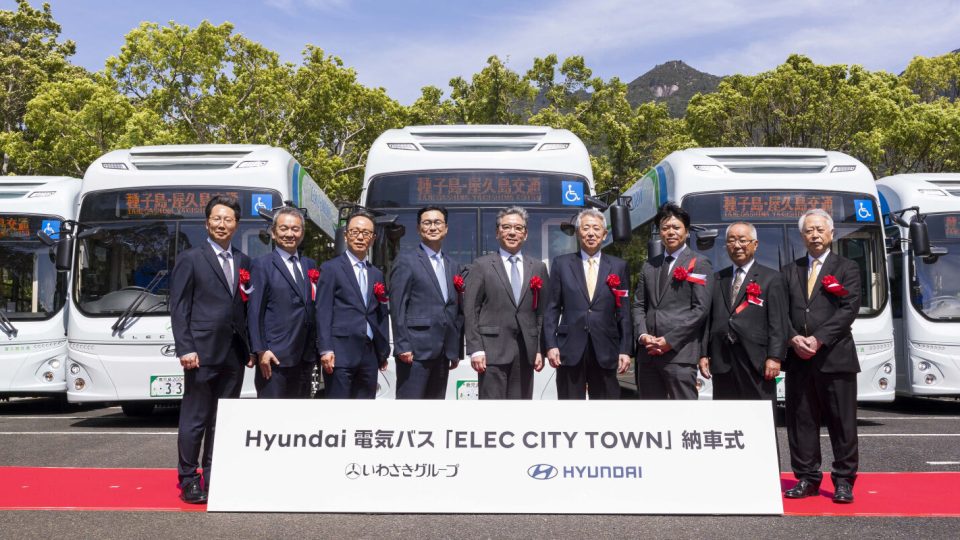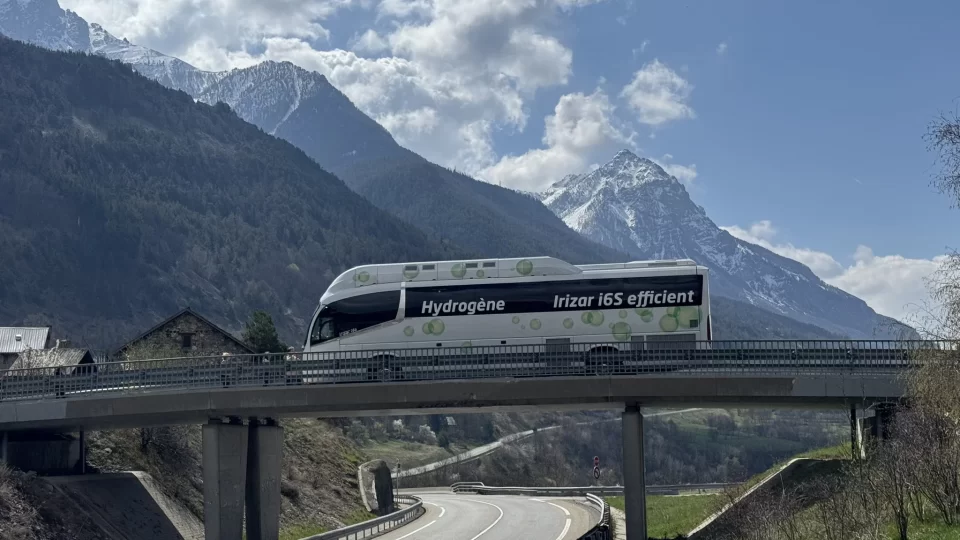Sustainable mobility: here are the best and worst countries in Europe
A photograph to immortalize the actual state of affairs regarding sustainable mobility in the Old Continent. Heliox, a company engaged in the field of fast charging of electric vehicles, has taken it. Well, do you want to know which is the most virtuous territory in the field of electrification of fleets? It’s easy to say: […]

A photograph to immortalize the actual state of affairs regarding sustainable mobility in the Old Continent. Heliox, a company engaged in the field of fast charging of electric vehicles, has taken it.
Well, do you want to know which is the most virtuous territory in the field of electrification of fleets? It’s easy to say: it’s the Benelux (Belgium, Holland and Luxembourg). Specifically, it is the Netherlands that wins the gold medal, with a total of 73 points, points ahead of Luxembourg with Sweden, Germany and Estonia completing the top 5.
The study conducted by Heliox, which was completed in Q4 2021, evaluated each country using a combination of criteria including: access to public transportation; availability of green public transportation; density of public EV charging stations; economic incentives for sustainable mobility; and zero-emissions targets.
Although the UK has the second highest number of EVs out of 27 countries, it has done poorly in access to public transport, especially regarding green alternatives, as well as the density of EV chargers per square kilometre, thus placing only 10th. Belgium, France, Slovenia and Austria rounded out the top 10.
“It is clear that each country needs a multi-faceted approach to bring it one step closer to a zero-emission future,” said Michael Colijn, CEO of Heliox. He added: “This research casts a spotlight on those leading the charge in the electric transition, enabling other nations to follow in their footsteps. The Netherlands, in particular, are pushing innovation with the Transferium energy management ecosystem being just one example, while at the same time the country is moving forward with one of the largest bus depot charging networks in the world at Schiphol Airport, charging over 250 buses per day.”
Smaller countries are leading the way when it comes to tackling Europe’s climate-neutral mobility challenges, the research points out. Romania and Croatia, for example, ranked very highly due to their subsidies for the purchase of new or used alternative fuel vehicles, while Sweden and Luxembourg outperformed the EU leaders through a combination of their EV subsidy policies and dense EV charging networks. Clearly, economic incentives are paving the way for smaller nations, but public transportation is another direction European countries can explore to achieve net zero, with EVs accounting for only 2.1% of the average public transportation system on the continent. The Netherlands leads the way with 20 percent of its electric buses,
Although the UK is lower in the rankings in the league table, the data suggests that Britain is on track to meet its ambitious goal of achieving 100% renewable energy by 2030, with renewables accounting for 43% of national energy production. Its commitment to a greener future is further propelled by its laws to phase out gas-powered vehicles by 2040.








